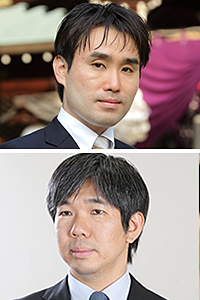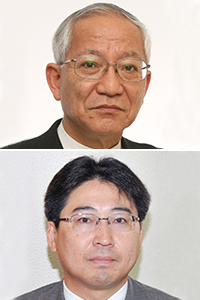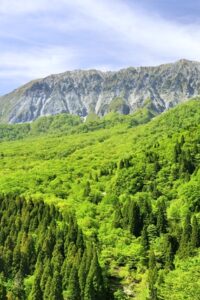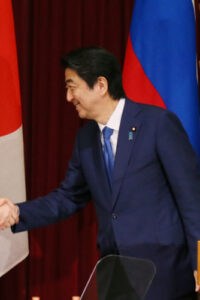
Akashi Yasushi, former Under-Secretary-General of the United Nations vs. Hosoya Yuichi, Professor, Keio University Akashi entered the field of power politics after studying at an American university Hosoya Yuichi: I would like to ask Akashi-san [Mr. Akashi], who served as Special Representative of the UN Secretary-General to the former Yugoslavia and SRSG of the United Nations Transitional Authority in Cambodia (UNTAC), about the UN and the Constitution of Japan. I think that you’ve made only a few definite remarks about the Constitution in the past, and I suppose that you’ve avoided making such remarks because of your previous positions in public service. Akashi Yasushi: You may be right. I think that when it comes to the preamble of the Constitution and Article 9, up to now, many Japanese have treated them as if they were something that must not be touched or have spoken ... ... [Read more]








